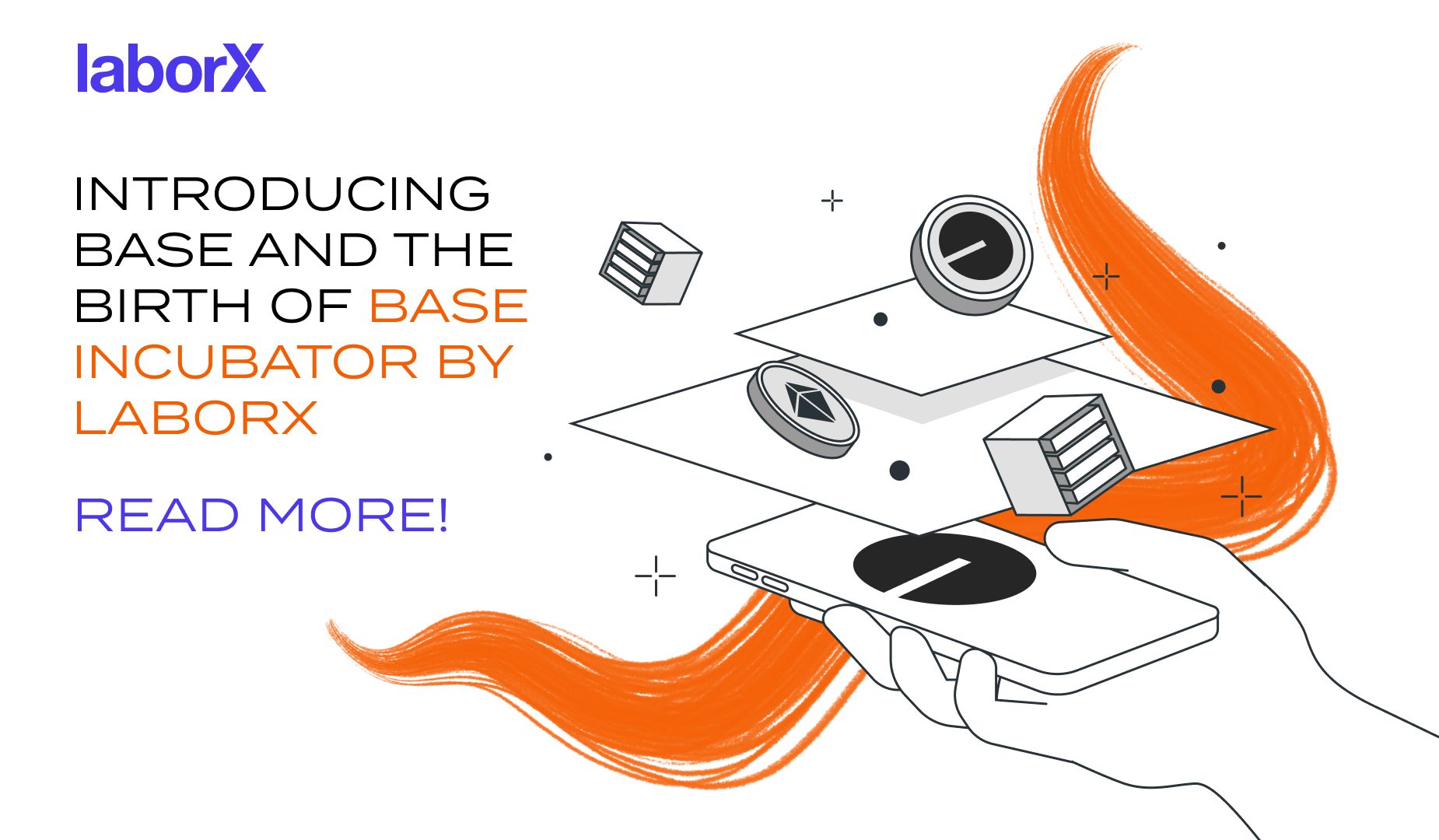
Embracing Change: HR in the World of Digital Assets
Hotcoin’s HR shares her journey from traditional industries to the world of Web3 and crypto, highlighting key insights on thriving in this space.
Read
As the DeFi sector heats up, blockchain developers are experiencing intense demand for their skills – with implications for responsibilities and salaries.
If 2020 was a big year for crypto, 2021 is set to be even bigger. There is huge interest in cryptocurrencies, blockchain technology, and decentralised finance (DeFi), and the growth of the sector over the coming months is set to be staggering.
It’s an exciting time in the history of crypto, as these new technologies hit critical mass. There’s a lot of interest, and a lot of investment being made across the board. New crypto companies are launching, and existing ones are expanding. They’re hiring – but there’s a shortage of qualified blockchain developers. And that means if you have the skillset, you’ll be in demand, with rewards that can far exceed those available in other sectors.
Blockchain developers come in many forms. At one end of the scale, they’re not so very different from software developers in other sectors. If you work in software development, you may well find you have transferable skills and can move into the blockchain world once you’ve familiarised yourself with some of the key technologies and frameworks used.
For example, just like any other piece of software, blockchain apps need interfaces users can interact with. Frontend devs and UX/UI experts are required, but they won’t have to know a lot about the blockchains that underpin those apps. Since blockchain apps tend to be complex and operate on different principles to regular apps, you’ll need to be the best at what you do, creating intuitive and elegant interfaces. But qualitatively, there’s no real difference in your work.
Backend devs will need to understand blockchain a lot better, since they’ll be coding the apps that use decentralised infrastructure instead of the regular server-client model. But even then, things may not look so very different to life as a conventional backend dev. You could well still be using familiar-feeling APIs and a lot of your work will be one step removed from the blockchain.
Blockchain developers who actually build these decentralised platforms, of course, will need a profound knowledge of the technologies and principles, including consensus algorithms, cryptography, and peer-to-peer networking. And smart contract developers who create decentralised applications – dApps, which operate by executing code on the blockchain itself – will similarly need to know exactly what they’re doing. These roles come with significant responsibilities. In both cases, the developer is creating a platform or dApp that could be hosting billions of dollars of value. Aside from operating smoothly, security is a paramount concern.
Just like any other industry, rates of pay vary hugely depending on a whole range of factors. While blockchain companies often have dispersed workforces, salaries may be dependent on the cost of living in different countries – either where you live, or where the company is based.
Blockchain developer salaries by location
Remember, these are the average salaries, which takes into consideration a huge range of job roles and experience. And even the top end is not the very top. If you really are the best of the best, the sky is the limit.
Blockchain developer salary based on experience and skills
Experience will make a vast difference. A junior developer with few responsibilities, for example, will earn a good salary compared to frontend devs in other sectors, but comparatively modest by the standards of the blockchain industry. At the other end of the scale, a top smart contract developer can expect a very attractive package of compensation that will probably include a good six-figure base salary, plus options or bonuses contingent upon performance. In the US, you could almost double your salary with the right experience.
With the growth of the DeFi sector, companies are desperate to hire the best devs – and there are very few who have the experience required. These are complex platforms and protocols, and it can take months to become truly familiar with how they work. They can be handling billions of dollars in TVL (Total Value Locked). There is no room for carelessness, which is why recruiters are constantly trying to poach top devs from their current jobs with the promise of higher pay, more responsibility, and the chance to work on the next big thing.
So how does that actually cash out? Well, the rockstar devs at the highest end of the profession can expect compensation that wouldn’t be out of line at the higher levels of companies like Facebook or Google. To take an example from the top of the scale in the current DeFi climate, the base salary is around $250,000 per year, and there’s a four-year token vesting schedule that would bring in an extra $200,000 by the end of the period – and that’s if values stay right where they are now. Given how fast things move in crypto and the incredible expansion of the DeFi sector, it’s a conservative estimate that the tokens vested would at least double that base salary.
Blockchain developer jobs are now advertised alongside regular software developer vacancies on popular recruitment sites. They are, in that respect, just like any other job.
A good place to start is LinkedIn, where you can search for blockchain roles by skill and location, if relevant. (Other sites like Indeed will offer the same, though the selection might be smaller.)
That’s one approach, and a very legitimate one now, given the status blockchain has gained in the fintech industry. But it’s not the only way. There are lots of opportunities to get involved in the blockchain and DeFi worlds, both from the top down – via the standard recruitment agencies – and from the bottom up, getting started at the grassroots level.
Because blockchains inherently rely on a decentralised community of supporters to run software, there are many opportunities for those who want to contribute – whether that means auditing code, making suggestions, creating new components and functionality, or launching new apps and businesses. This can be a great way to get started, since you can familiarise yourself with protocols gradually, gaining help from others on the forums and social communities. If you contribute something useful, there’s a good chance others will recognise your value and you may be eligible for a bounty or in a good position to apply for paid roles.
If you don’t have any coding experience, it’s a good idea to start learning those skills first. If you’re already an experienced software developer, you’ll have a good head start when it comes to learning the principles and languages you’ll need to build on the blockchain. There are several languages – including C++, JavaScript and Python – that are frequently used in the blockchain space. And even if you do end up learning a new language, like Solidity (Ethereum’s smart contract language), you’ll find there are close similarities with other popular languages.
When it comes to picking up the skills and principles of blockchain development, there’s no shortage of resources. There are lots of very popular online courses, many of them free. Start by checking out the big online learning platforms like Coursera, edX and Udemy. You’ll find some great courses created by experienced individuals, but also very well respected ones run by prestigious universities. These should give you a thorough grounding in the principles and practice of blockchain development, as well as the certificates to show for it.
Eventually, though, courses will only take you so far. It’s a little like driving: learning the principles and passing the test is not the same as being a great driver. That takes commitment, experience, and the right attitude.
If you’re really set on being a rockstar blockchain dev, then your most important education will be self-teaching. You’ll dive into the tech, learning by trial and error and out of a sense of genuine passion and curiosity. You won’t be afraid to try out new methods and technologies, but you’ll also know how to mitigate risks and won’t take unnecessary chances – remember, you’re dealing with other people’s money when it comes to blockchains, and that’s not a responsibility to be taken lightly.
You’ll find support in the many developer communities online, especially for a wildly popular platform like Ethereum. Ask around and you’ll soon get to know people who are willing to give feedback, answer questions, critique your code and audit your dApps. And who knows? Perhaps you’ll also find your next colleagues or angel investors there too.

Hotcoin’s HR shares her journey from traditional industries to the world of Web3 and crypto, highlighting key insights on thriving in this space.
Read
Discover how Web3 is reshaping HR practices with insights from a leading expert in the field.
Read
Discover Base's innovative L2 solution addressing scalability, security, and user experience challenges in crypto. Learn about Base Incubator by LaborX, fostering growth and innovation within the Base ecosystem.
Read